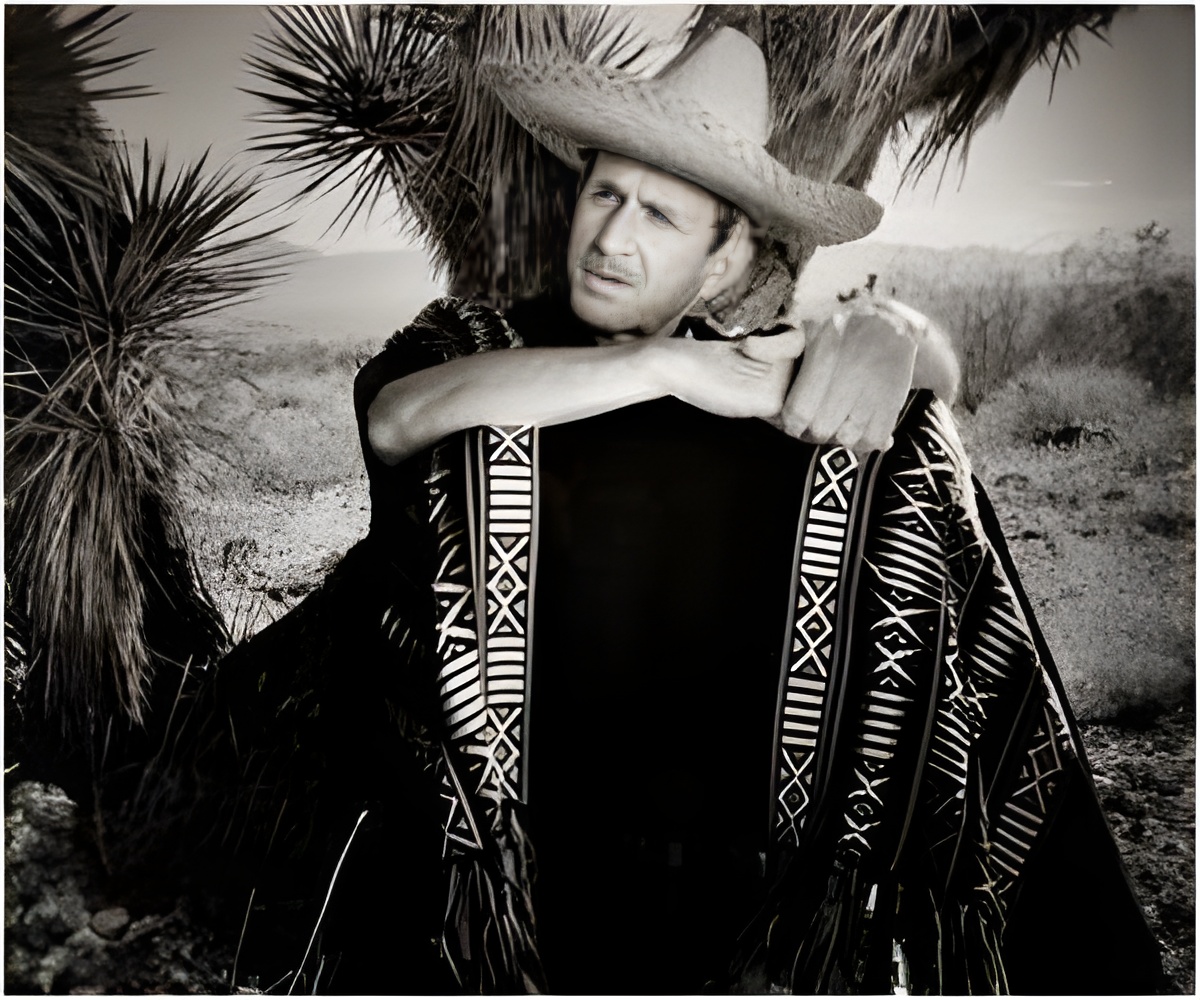
"And the more concerned they are, the more they will suffer psychologically when their manhood feels violated. Gender role violation can be a big thing, like losing a job, or a little thing, like being asked to braid hair in a laboratory," she added.
In several experiments, Bosson and her colleagues used the hair-braiding task to force men to behave in a 'feminine' manner, and recorded what happened.
In one experiment, some men braided hair; others did the more masculine-or gender-neutral-task of braiding rope.
Given the options afterwards of punching a bag or doing a puzzle, the hair-braiders overwhelmingly chose the former.
When one group of men braided hair and others did not, and all punched the bag, the hair-braiders punched harder. When they all braided hair and only some got to punch, the non-punchers evinced more anxiety on a subsequent test.
Advertisement
Interestingly, Bosson also found that people tend to feel manhood is defined by achievements, not biology, whereas womanhood is seen primarily as a biological state.
Advertisement
She also added that the main punishers of gender role 'violations' are other men.
If Bosson is correct, the findings add weight to the notion that gender is a social, not a biological, phenomenon.
The study is published in Current Directions in Psychological Science.
Source-ANI









